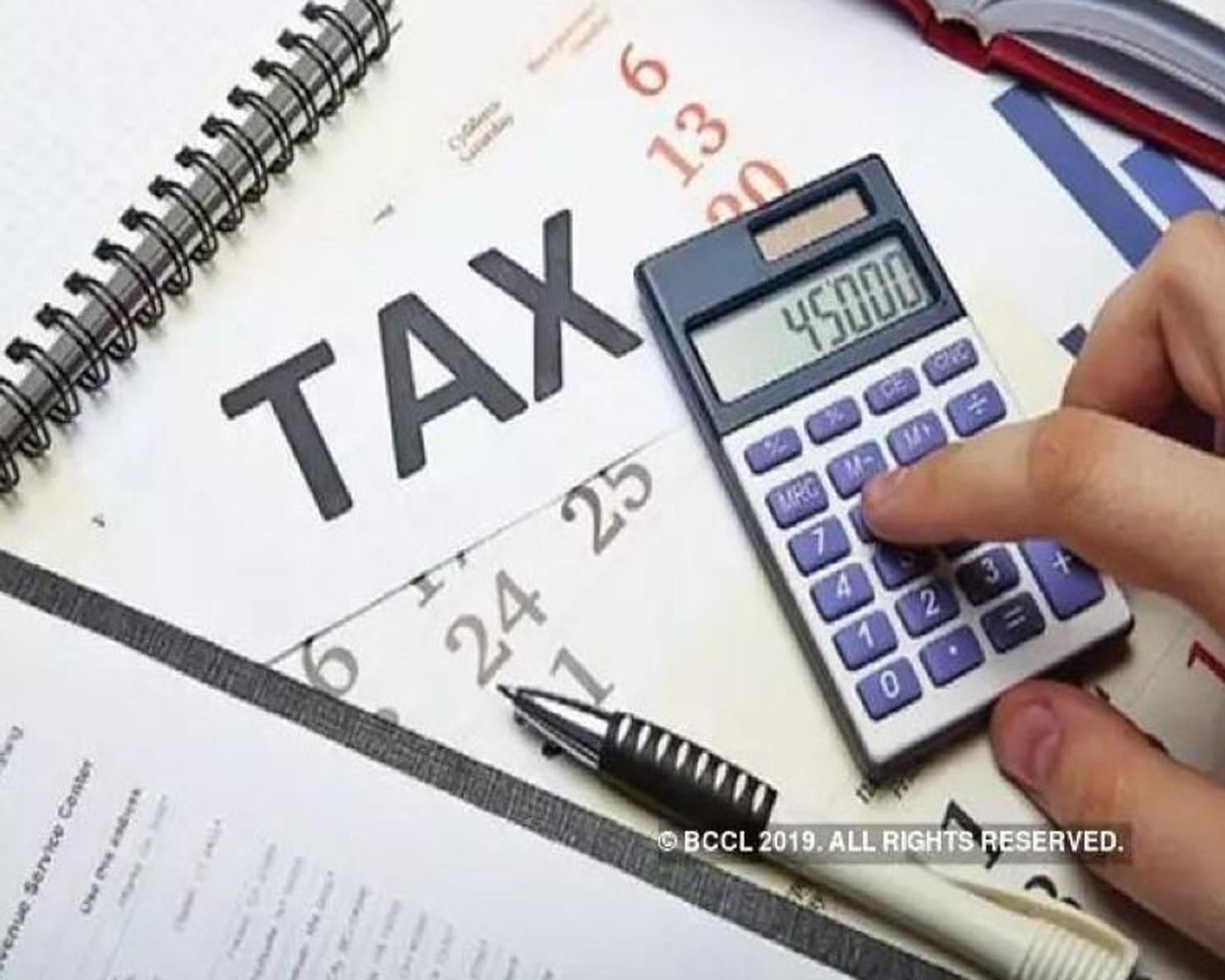Relaxation of Prosecution Norms by CBDT for Defaults in Filing IT Returns and Delays in TDS

Relaxation of Prosecution Norms by CBDT for Defaults in Filing IT Returns and Delays in TDS
The legal outcome for any lag in depositing TDS, or non-filing of returns of income tax, or under-reporting of income, has been relaxed by the Central Board of Direct Taxes (CBDT). Under normal situations, there will not be any prosecution when non-payment of TDS is Rs 25 lakhs or lesser with the delay being not more than 60 days from the due date. This may not be applicable for regular defaulters in case a “collegium” including two senior-ranking officers recommends otherwise. According to a recent tweet by the Finance Minister Nirmala Sitharaman, any minor procedural violations will result in harsh consequences for honest taxpayers. Read more on the Relaxation of Prosecution Norms by CBDT for Defaults in Filing IT Returns and Delays in TDS.

Earlier, section 276B of the IT Act provided prosecution for a minimum duration of three months for any delay in deposit of TDS of any amount past the due date. An example would be that of Bollywood producer Firoz Nadiadwala, wherein he was subject to three months of rigorous imprisonment for the delay in depositing TDS of about Rs 8.56 lakh.
The latest on the Relaxation of Prosecution Norms by CBDT for Defaults in Filing IT Returns and Delays in TDS
According to the chairperson of the taxation committee, Ameet Patel, though CBDT’s circular as on May 28, 1980, had directed the I-T officials to not launch prosecution in the cases wherever the delay in depositing TDS is lesser than 1 year, this direction was dissolved in the month of August 2013. Now, a margin of two months has been given, which is a move in the right direction. Above all, fixing a threshold of over Rs 25 lakh for starting prosecution proceedings will assist many taxpayers, especially the small-medium entrepreneurs.
The Statement For Cases where Income of Rs 25 lakh in returns is concealed

In cases where there is concealing or under-reporting income of about Rs 25 lakh in returns, such a case will be considered for prosecution only post the collegium gives its approval. Such offenses can call lead to an imprisonment term of about seven years. A related rule is applicable for non-filing of returns where the tax liability does not surpass Rs 25 lakh. The report also indicated that the act had given a low threshold of Rs 10,000 for starting the prosecution for cases related to non-filing of IT returns.
The circular has come into force quickly and will be applicable to prior cases where the prosecution complaint is not yet filed by the authorities. Additionally, as a one-time measure, the CBDT has slackened the 12-month term for filing a compounding application as a means of recourse in lieu of prosecution. All applications pertaining to this matter have to be registered with the compounding authorities before the end of December.


 ITAT Amritsar: No Section 269SS Violation for One-Time Cash Payment Before Sub-Registrar
ITAT Amritsar: No Section 269SS Violation for One-Time Cash Payment Before Sub-Registrar  Tax Officials Unleash Digital Dragnet: How New Raid Powers Redefine Privacy, Property Rights in India and likely to Fuel Corruption
Tax Officials Unleash Digital Dragnet: How New Raid Powers Redefine Privacy, Property Rights in India and likely to Fuel Corruption  Income Tax Department Rewards for Reporting Tax Evasion: A Comprehensive Guide
Income Tax Department Rewards for Reporting Tax Evasion: A Comprehensive Guide  Forfeiture of Gratuity by Employer- What are the Remedies for an employee- Can employer be challenged?
Forfeiture of Gratuity by Employer- What are the Remedies for an employee- Can employer be challenged?  Employer can forfeit gratuity of an employee in case of moral turpitude
Employer can forfeit gratuity of an employee in case of moral turpitude  Diving Deeper: The Impact of the New Tax Bill on Dairy and Farming Income
Diving Deeper: The Impact of the New Tax Bill on Dairy and Farming Income